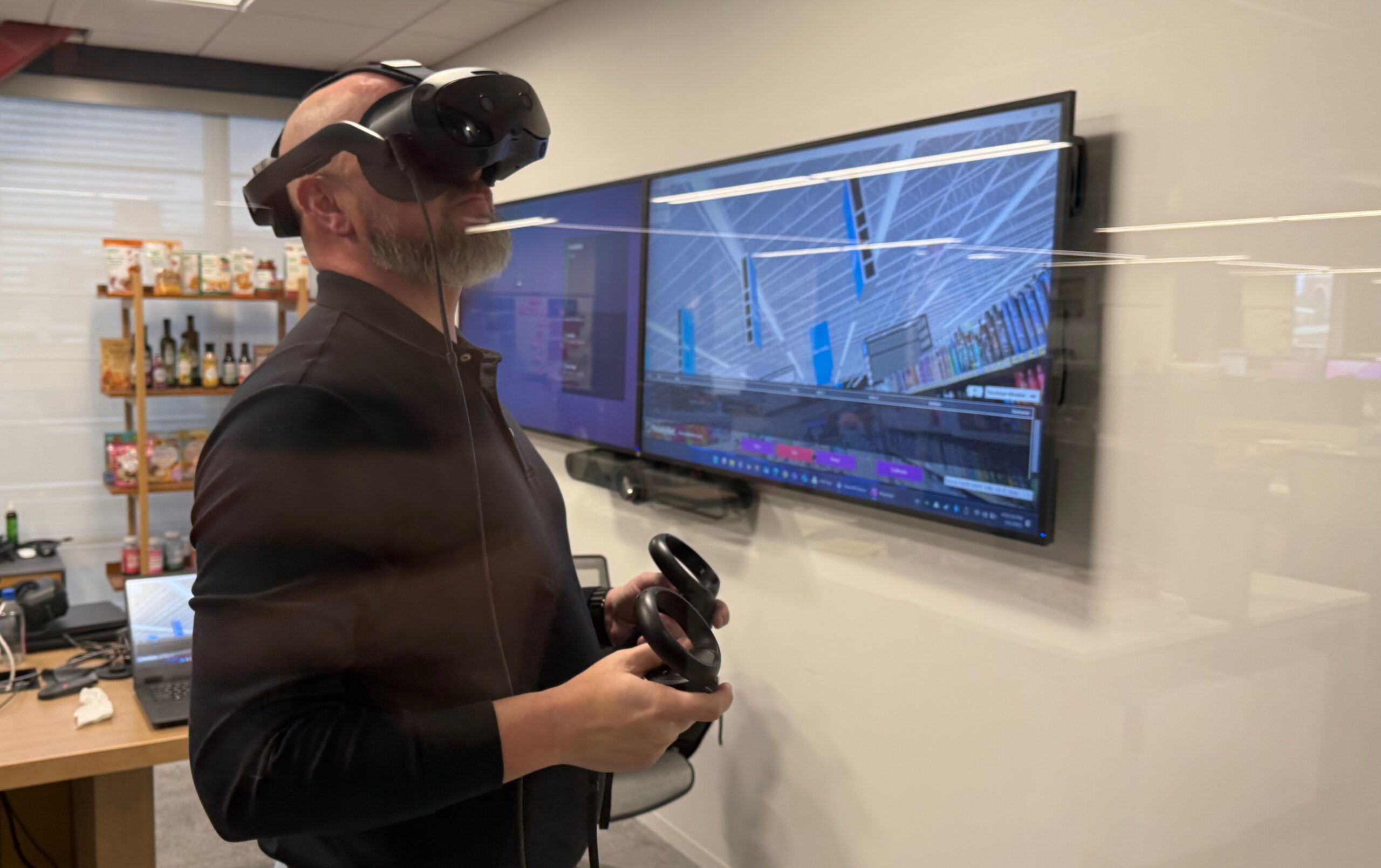Shannon Blue, Senior Client Director at SGK, part of the Propelis Group, explores how brands can use QR codes and connected packaging to enhance consumer experiences.
In the competitive retail environment, having a powerful consumer engagement tool is essential. Connected packaging enables store brands to build connections via QR codes, opening direct channels to their audience, enriching customer experiences, cultivating loyalty, and gathering valuable first-party data. But implementation is far from simple – it’s a multifaceted process with numerous moving parts.
The Benefits of Connected Packaging
Connected packaging plays several roles in the customer experience. Broadly, these fall into five use cases:
- Operational: Encouraging consumers to engage with the operational system of the business (e.g., ‘scan to pay’), removing friction for a direct purchase path.
- Informational: Providing differentiating insights such as product ingredients and sustainability initiatives – to empower consumers and build trust.
- Functional: Delivering personalized content like recipes or dosage instructions to enhance customer satisfaction with “value in use” and stimulate repeat purchases.
- Promotional: Facilitating consumer participation in digital brand promotions, creating opportunities for valuable first-party data exchange and driving incremental sales.
- Inspirational: Inviting consumers to experience the brand’s digital channels, elevating engagement while boosting brand equity.
An implementation strategy should be guided by two priorities: operationalizing efficiently across products and optimizing effectively across consumer experiences. Being mutually supportive, these should be developed together to avoid tech redundancy and improve quality.
Operationalizing Infrastructure
A high-quality QR code infrastructure needs a framework covering four essential domains: URL creation and delivery, code design production and quality control (QC), connected platform customer experience (CX)/design/build/integration, and end-to-end analytics and ROI.
Within this framework, businesses should ask practical questions: how much data to embed in the extended URL string, and to what extent that data is mapped back into the supply chain and commercial footprint of the product? Can a ‘designed code’ be implemented? This matters because, as Paul Simonet, Founder of Experience is Everything, notes, designed codes are increasingly used to create impact and drive scan rates for key activities, demanding close attention to packaging design integration, adaptation, and print QC.
Optimizing Engagement
While many companies foray into QR code campaigns, few are sufficiently consistent and connected to achieve real results. Prominently placed codes act like invitations drawing consumers into creative experiences that utilise device functionality – features like geo-location, face filters, VR, and AR – to bring packaging to life.
Finally, with QR codes increasingly seen on POS, TV, posters, print, social, and online video, a build a coherent QR strategy should track these channels and connect them back to the one always-on touchpoint: packaging.
Achieving World-Class Implementation
Implementing a connected packaging strategy involves operationalizing and optimizing multiple complex strands simultaneously, a comprehensive framework and a creative approach. Therefore brands need partners experienced not just in the technical aspects, but also in driving performance through innovative experiences and compelling campaigns.
For more information, download SGK’s whitepaper, ‘Revolutionizing Consumer Engagement: The Rise of Connected Packaging,’ created in collaboration with Experience is Everything.

